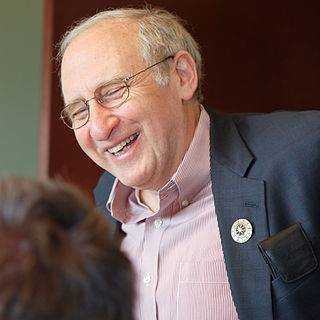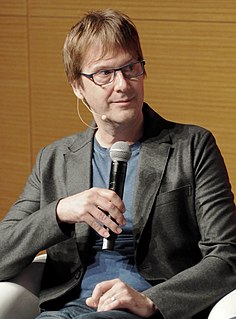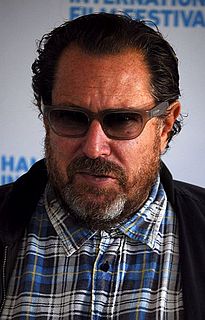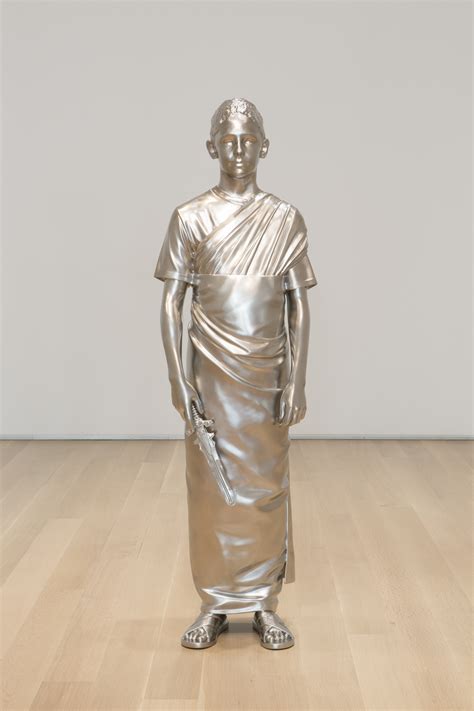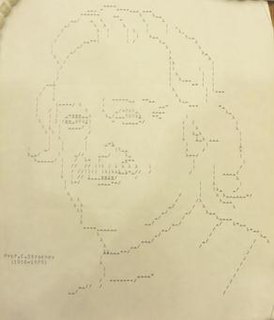A Quote by Pranav Mistry
Computing is no more about work - it's all about making work happen with computers.
Related Quotes
Computers and computing are all around us. Some computing is highly visible, like your laptop. But this is only part of a computing iceberg. A lot more lies hidden below the surface. We don't see and usually don't think about the computers inside appliances, cars, airplanes, cameras, smartphones, GPS navigators and games.
Eventually, we need to have computers that work differently from the way they do today and have for the past 60-plus years. We're capturing and generating increasingly massive amounts of data, but we can't make computers that keep up with it. One of the most promising solutions is to make computers that work more the way brains work.
Computing is not about computers any more. It is about living. Whatever big problem you can imagine, from world peace to the environment to hunger to poverty, the solution always includes education, ... We need to depend more on peer-to-peer and self-driven learning. The laptop is one important means of doing that.
The problem of making artists talk about their work is that when they're making their work the left-brain is shut off. So if you talk to an artist about it, you're talking to someone who wasn't there. It's hopeless. And also it's insulting. It's implying that the work is not an adequate account of itself. To me, the greatest artists are almost entirely non-verbal.
Work is rich. It can be looked at psychologically or philosophically or personally. The interpretive nature of work is different than the work itself. The interpretation of work isn't the key to understanding it. I'm worried about making a good sculpture. I'm not so worried about the interpretation of it.
It has long been my personal view that the separation of practical and theoretical work is artificial and injurious. Much of the practical work done in computing, both in software and in hardware design, is unsound and clumsy because the people who do it have not any clear understanding of the fundamental design principles of their work. Most of the abstract mathematical and theoretical work is sterile because it has no point of contact with real computing.
If you look back over the history of computing, it started as mainframes or terminals. As PCs or work stations became prevalent, computing moved to the edge, and we had applications that took advantage of edge computing and the CPU and processing power at the edge. Cloud computing brought things back to the center.
I feel like I'm changing as a human being, and I think that the work needed to be in line with where I'm at. When I was younger and I was making political work, I was trying to figure out where my work fit in because when you're young you're like, "I don't know." I'm Latino, I grew up in Mexico, and so I thought that maybe I had to talk about those things. Then finally I didn't need my identity to rely on anymore. So now the work is becoming about more esoteric things, I guess - my own sort of language.



